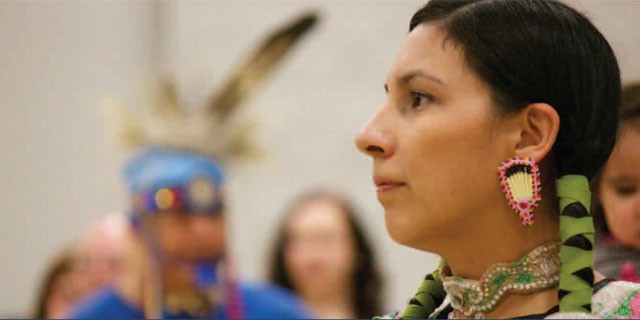Capacity Building in Northern Manitoba


Dr. Karen Rempel
The Vital Outcome Indicators for Community Engagement (VOICE) Research Project is a 5-year (2011-2016) Community-University Research Alliance project funded by SSHRC, Vale, Manitoba Hydro, Brandon University, and the University College of the North.
The focus of this research is success for children and youth living in northern communities and regions in Manitoba.
Success includes improved educational outcomes, development of workplace skills, increased engagement in community leadership and activities, retention of culture and language, more effective youth success programs, and increased career opportunities for youth in these communities.
“The VOICE Research Project uses a community-based participatory research process that actively involves eight community-based organizations, known as community circles, from across Manitoba as equal partners in the research,” says Dr. Karen Rempel, Director of the VOICE Research Project. “All of the community circles are First Nations communities or have a high population of Indigenous people, and each community circle respects community traditions, practices and observances.”
The VOICE project also provides Brandon University graduate students with the unique opportunity to work on a large multi-year, multi-partner research project. To date, more than 20 graduate students have been involved in the research activities including data collection and analysis, the preparation of journal articles and involvement in conference presentations.
At the community level, the VOICE Research Project has helped implement land-based curriculums for northern communities, peer mentoring and fine arts after-school programs, cultural proficiency, extra-curricular activities, youth leadership and technology-enhanced learning activities.
With the help of Faculty of Education researchers, communities involved in the VOICE project have also developed the capacity to carry out their own, locally-controlled research activities.
